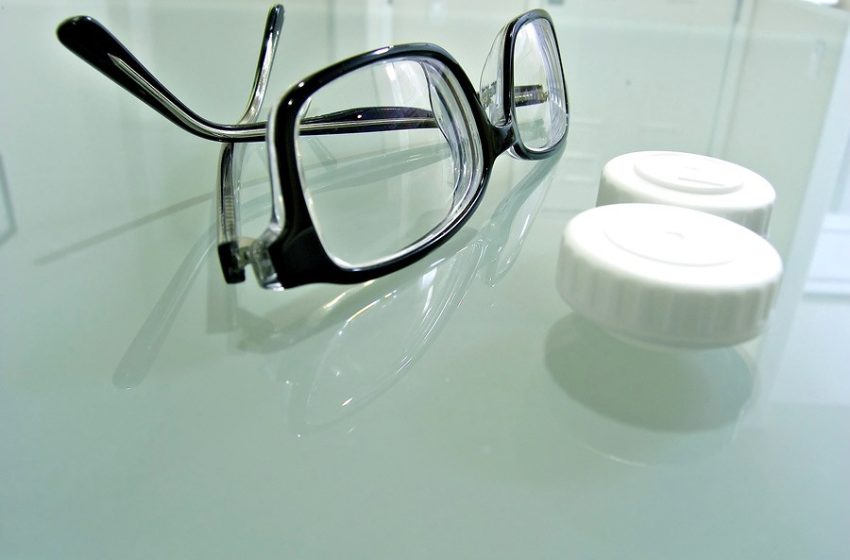Explain silver contacts

Silver contacts are electrical contacts that are made from silver or silver alloys. They are used in a wide range of applications, from consumer electronics to industrial equipment. Silver contacts offer superior electrical conductivity, high contact resistance, and low contact resistance variation. They are also corrosion resistant and can withstand high temperatures. Silver contacts are often used in electrical switches, connectors, and circuit breakers as well as for automotive and telecommunication applications. They are also used in relays, circuit breakers, and switches for industrial applications.
Uses of silver contacts
² Silver contacts are used in many electrical and electronic applications. Silver is the best conductor of electricity and has the highest electrical conductivity of all metals, making it the ideal choice for electrical connections.
² Silver contacts are used in a wide range of electrical and electronic devices such as circuit breakers, switches, relays, connectors, and battery contacts. They are also commonly used in automotive applications, including electronic fuel injection systems, starter motors, and spark plug contacts.
² Silver contacts provide a secure, reliable electrical connection between two components, and they are resistant to corrosion and wear. Silver contacts have a low contact resistance, which minimizes the amount of power loss that occurs during an electrical connection.
² Additionally, silver contacts are highly conductive, ensuring a good connection between the two components and providing a stable electrical connection.
Benefits of silver contacts
Ø Durability: Silver contacts are known for their superior durability and corrosion resistance, making them the perfect choice for applications that require frequent contact.
Ø Low Resistance: Silver contacts at wholesalers online offer low contact resistance, meaning the contact point will not overheat and cause electrical issues. This is especially useful in applications that require high-current, such as electric motors and other high-power devices.
Ø Conductivity: Silver contacts offer excellent electrical conductivity, allowing for better power transmission and an overall better performance.
Ø Cost-Effective: Silver contacts can be cost-effective when compared to other materials, making them a great choice for applications that require frequent contact.
Ø Versatility: Silver contacts can be used in a wide variety of applications, including automotive, medical, and telecommunications. They can also be used in a variety of contact configurations, such as spring, snap, and screw.
How to choose best silver contacts
Choosing the best silver contacts for your needs depends on the type of application you have in mind. Here are some tips to help you make the right decision:
Determine the type of contact you need:
Silver contacts come in a variety of shapes and sizes to fit different applications. The most common types are spring and crimp contacts. Spring contacts are more common for low-power applications, while crimp contacts are better for high-power applications.
Consider the application environment:
Silver contacts must be able to withstand extreme temperatures, high pressure, and other environmental factors. Consider the type of environment in which the contacts will be used and find contacts that can handle it.
Consider the contact material:
Silver contacts are made from a variety of materials, including brass, stainless steel, and silver-coated copper. Each material has different benefits and drawbacks, so make sure you choose the material that best suits your application.
Check the contact specifications:
Before buying silver contacts, make sure to check the contact specifications such as contact size, current rating, and voltage rating. These specifications will help you determine if the contacts are suitable for your application.
Consider the cost:
Finally, consider the cost of the contacts. Silver contacts can range from a few cents to hundreds of dollars depending on the type and quantity you need. Make sure to compare prices and features before making a purchase.